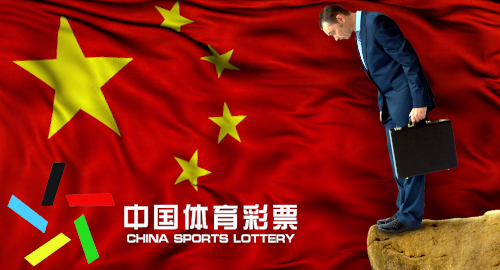 China’s lottery sales rebounded in October but fresh declines await as the government’s ban on instant gratification takes effect.
China’s lottery sales rebounded in October but fresh declines await as the government’s ban on instant gratification takes effect.
Figures released Monday by China’s Ministry of Finance show October’s lottery sales totaled RMB30.7b (US$4.8b), an 11.5% rise over the same month last year but nearly RMB5b below September 2020’s total.
Decent growth in the sports lottery segment (RMB18.4b, +24%) helped offset a 3.2% fall in October’s welfare lottery sales (RMB12.3b). For the year-to-date, total sales are down 23.9% to RMB261.4b, with broad declines in both welfare (-26.7%) and sports (-21.5%) products.
October will likely represent the last month of positive annual growth for a while, given the government’s order to conduct an “orderly delisting” of ‘high-frequency’ (sports) and ‘quick-opening’ (welfare) lottery products.
As of November 1, provincial lottery administrators were to limit each segment to one such instant gratification product. The products must be totally eradicated before next year’s Spring Festival kicks off in mid-February.
The ban includes virtual sports betting products such as those run by Hong Kong-listed lottery tech supplier AGTech, which years ago partnered with UK betting brand Ladbrokes on virtual football and racing products for the Chinese market. At the time the ban was announced, AGTech said it was still assessing the potential impact to its operations.
This month, AGTech revealed that its revenue through the first nine months of 2020 had fallen 10.2% year-on-year to HK$106.1m, resulting in an operating loss of HK$134.5m and an after-tax loss of nearly HK$157m.
AGTech said its virtual sports products accounted for HK$40.6m in the year through September 30, representing around 38% of its total revenue for the period. AGTech said it “may take appropriate actions to safeguard the overall interest of the group” in the wake of the regulatory changes, without specifying what those actions might entail.